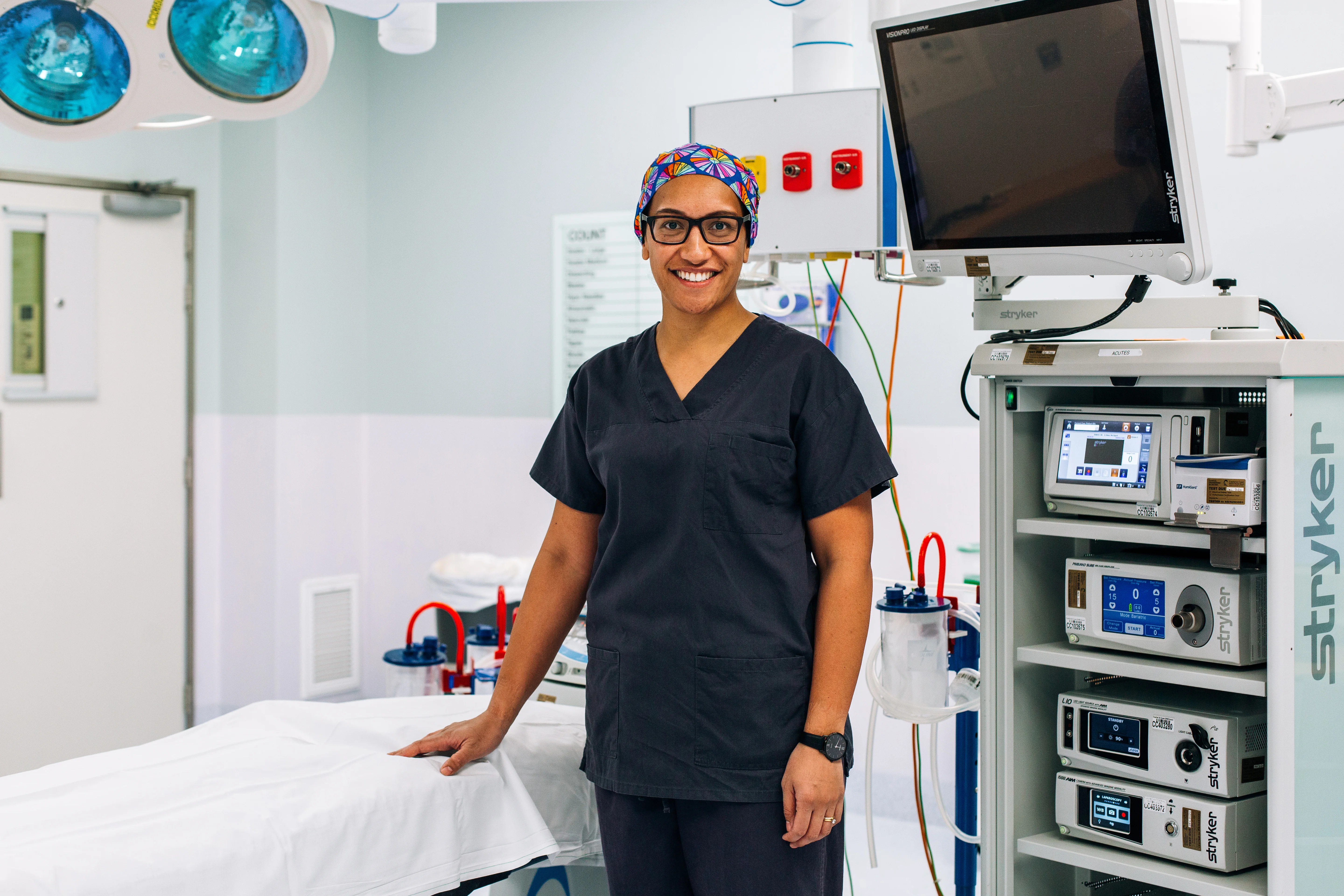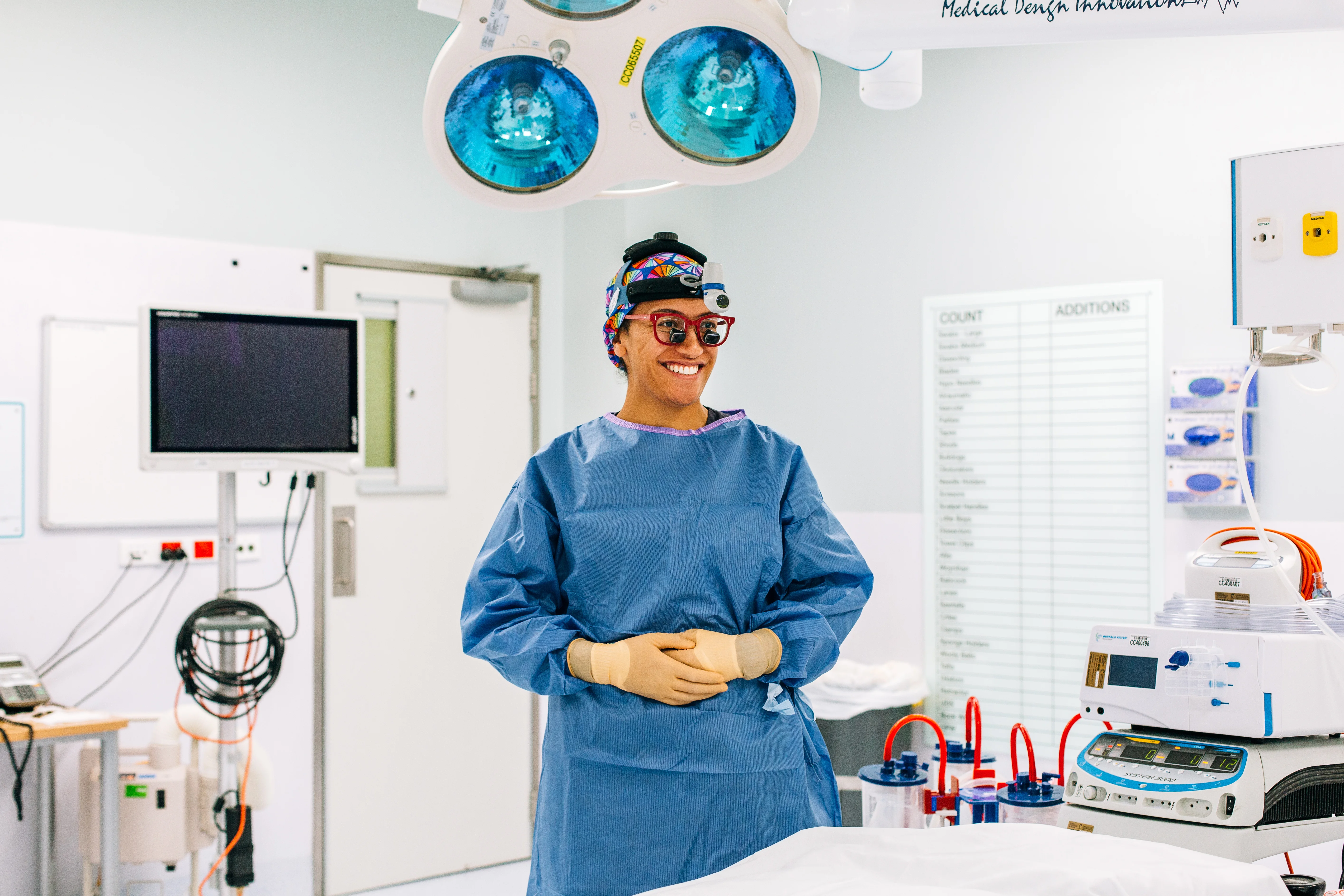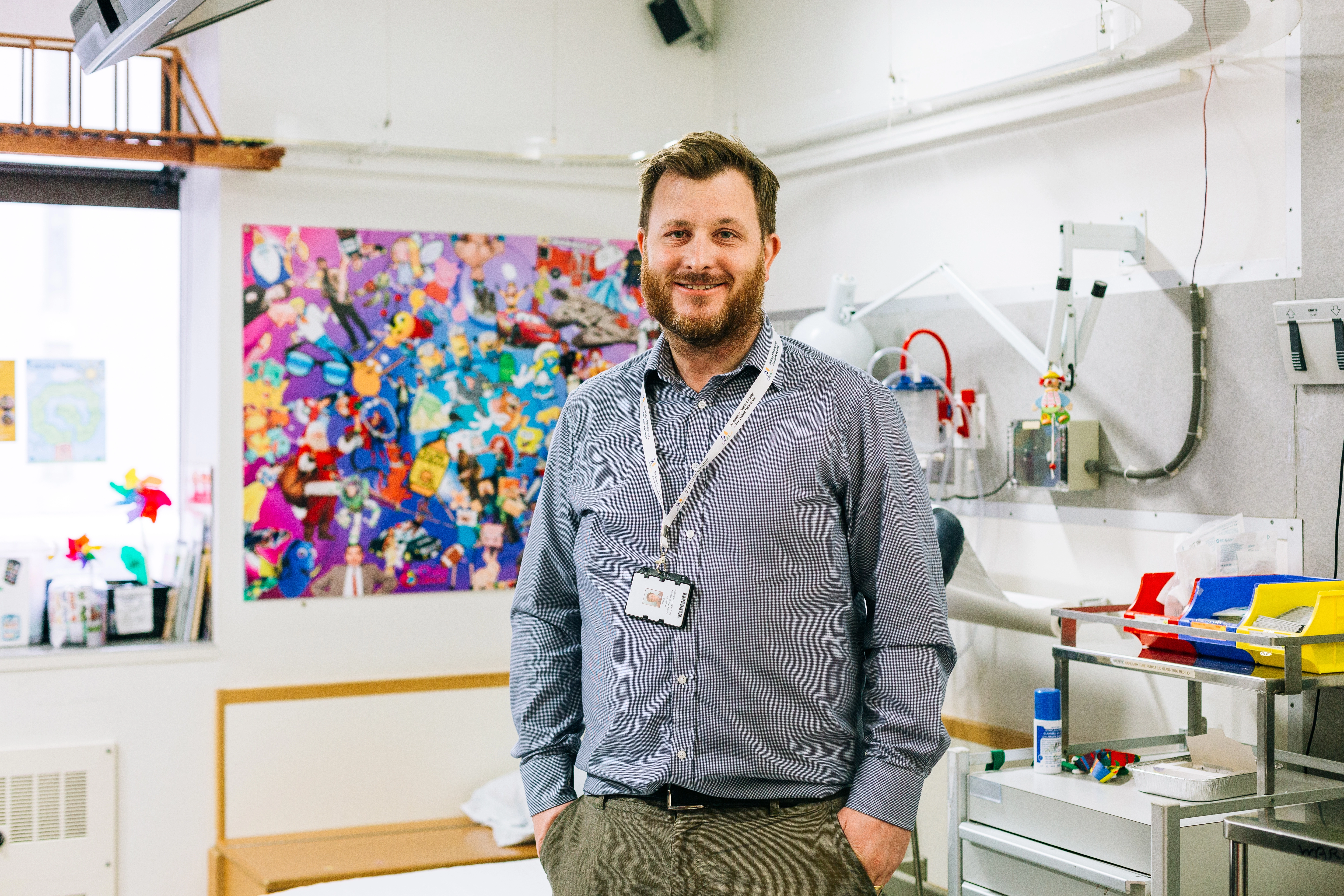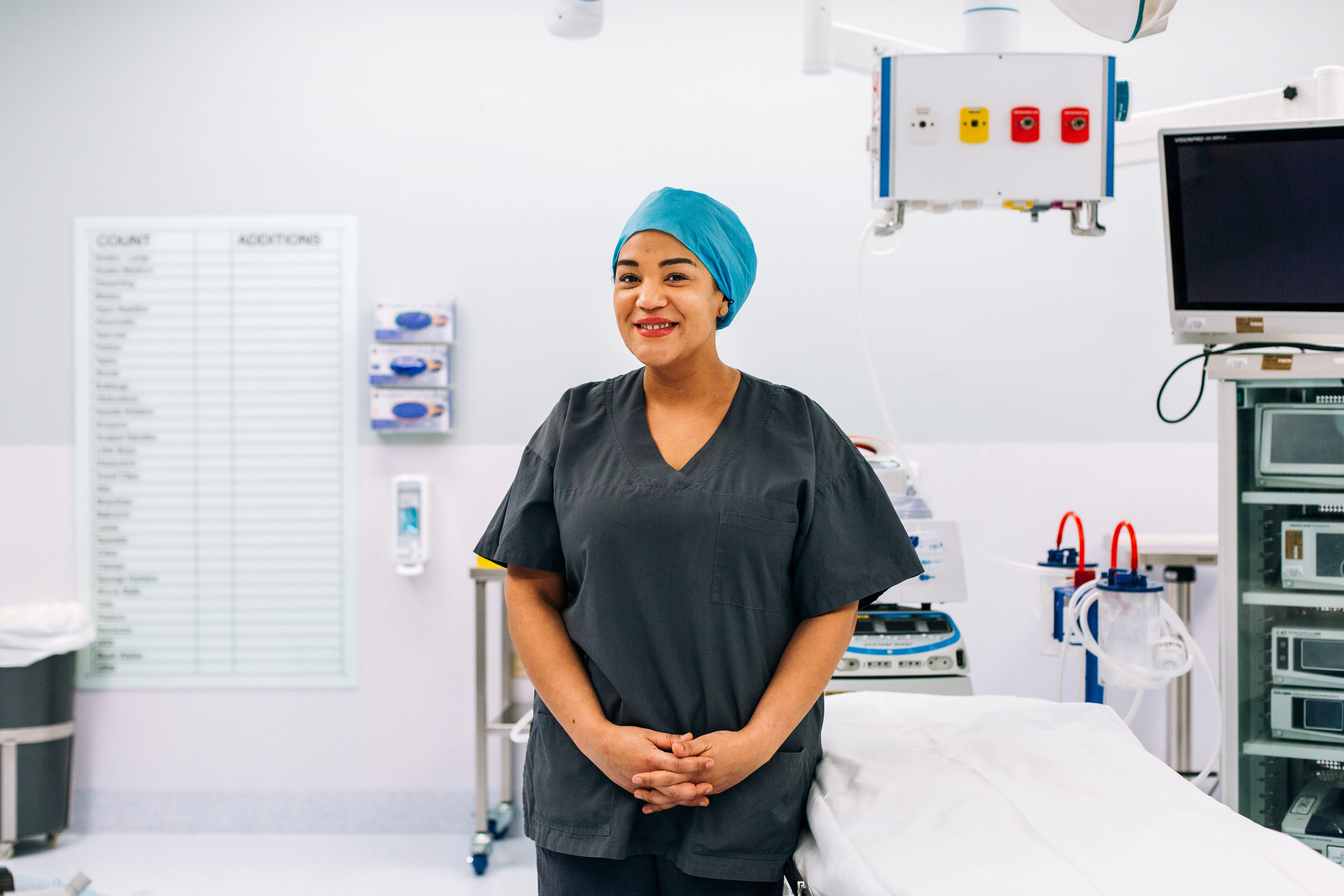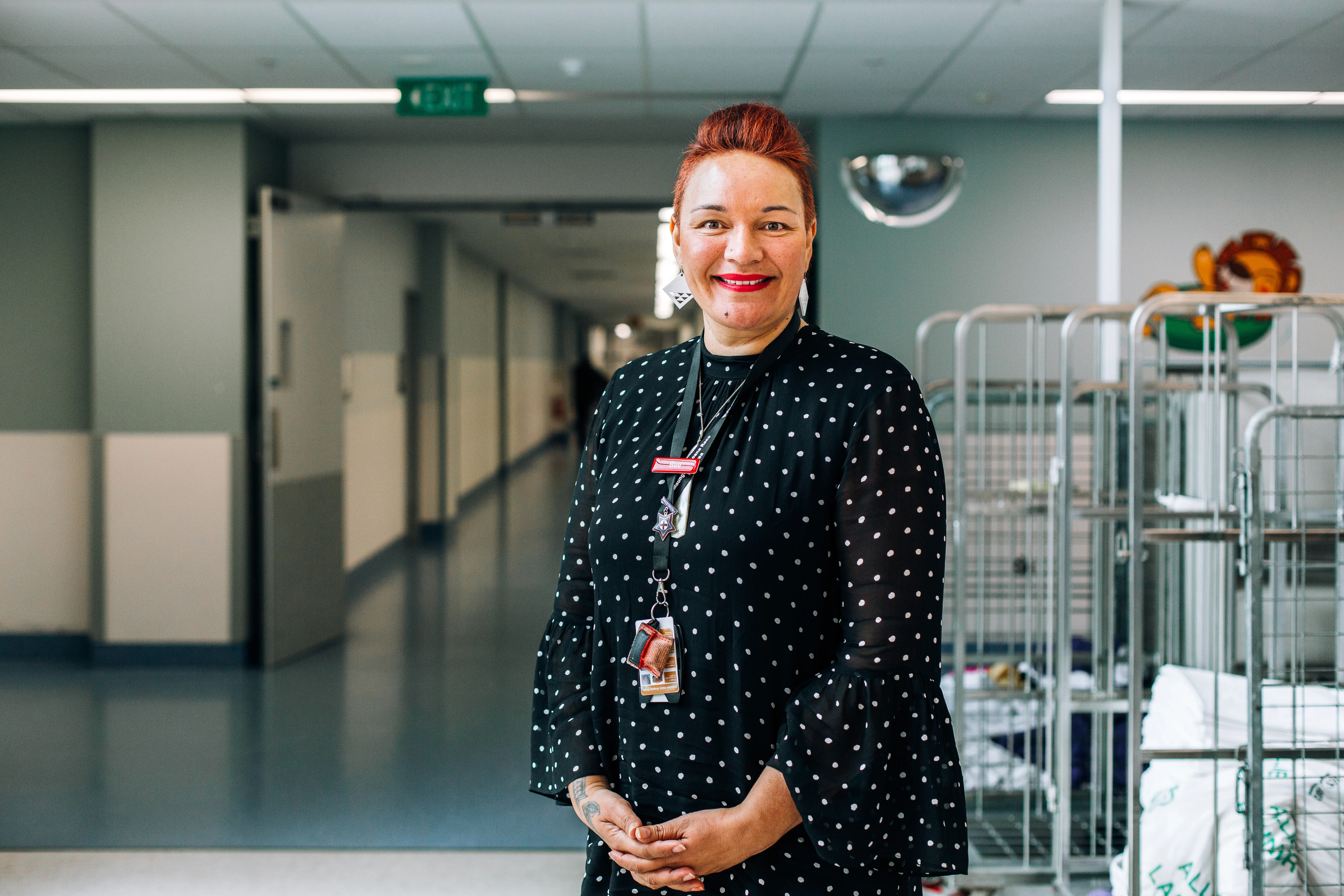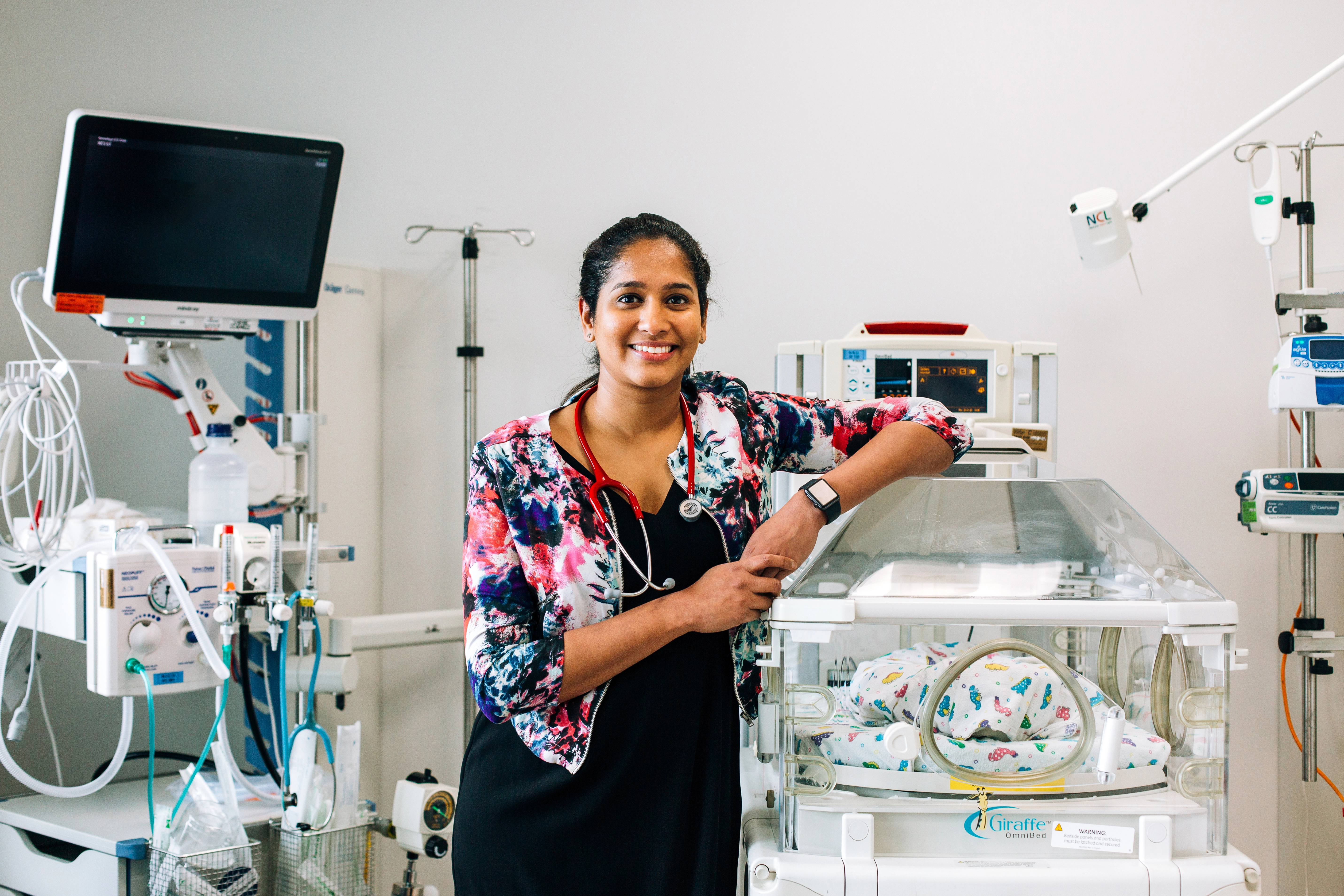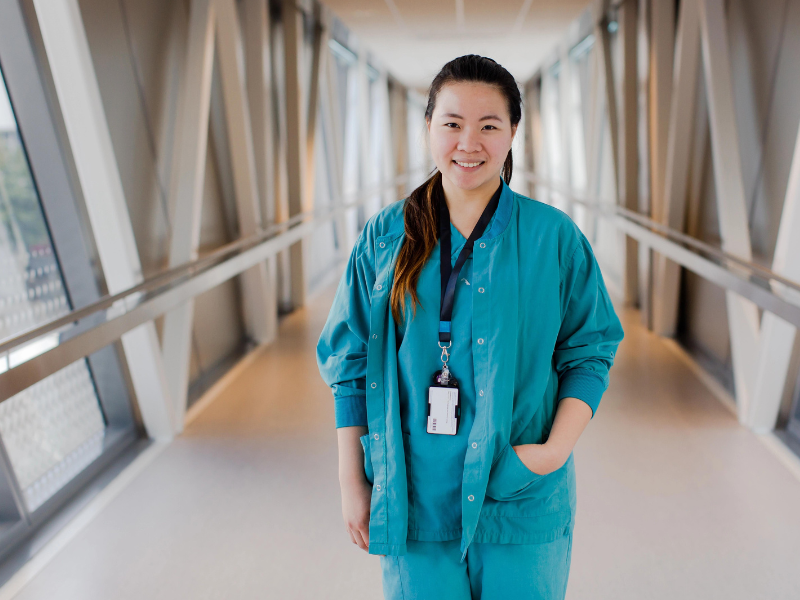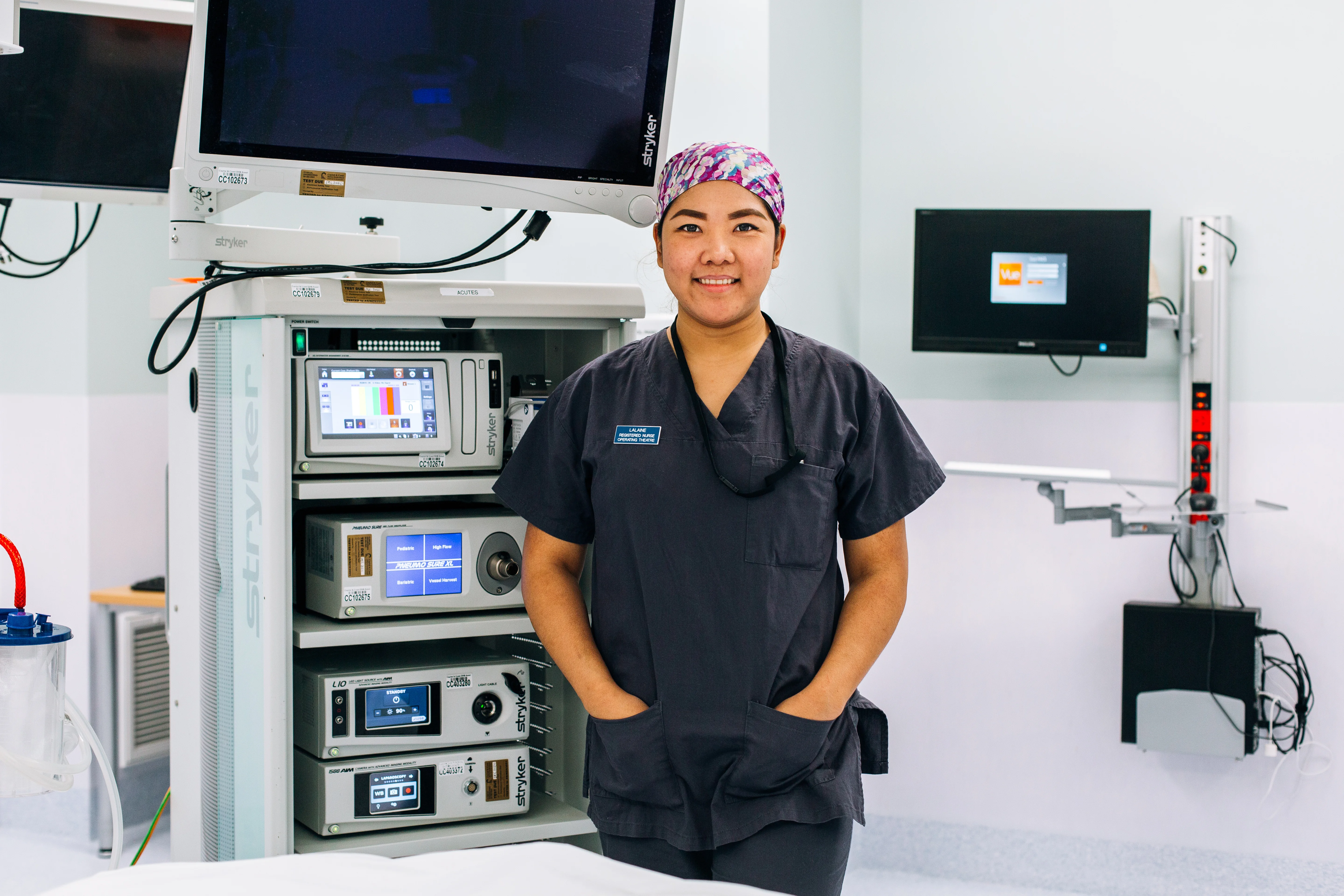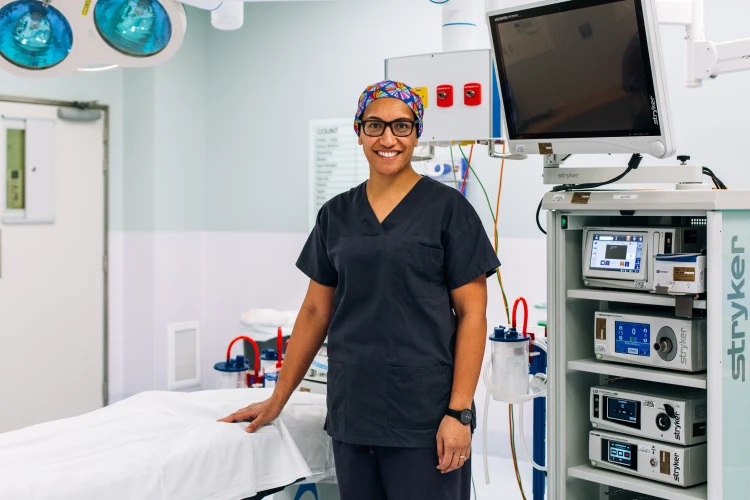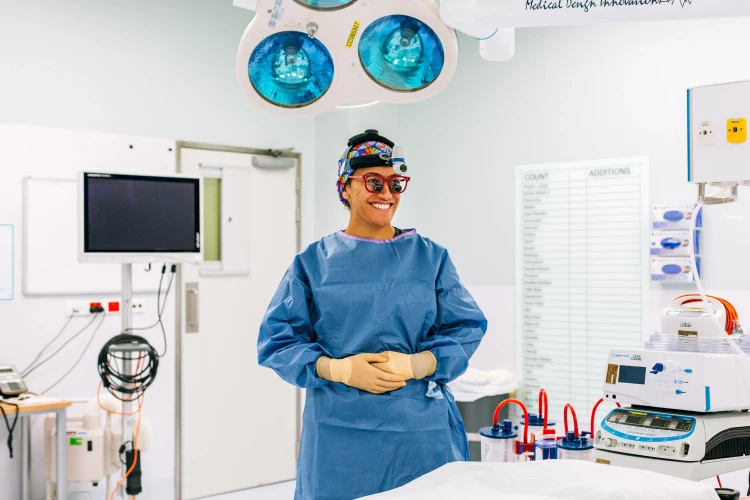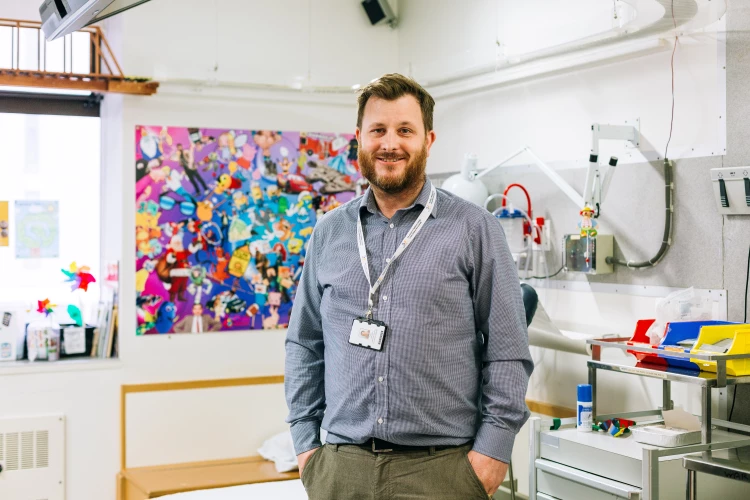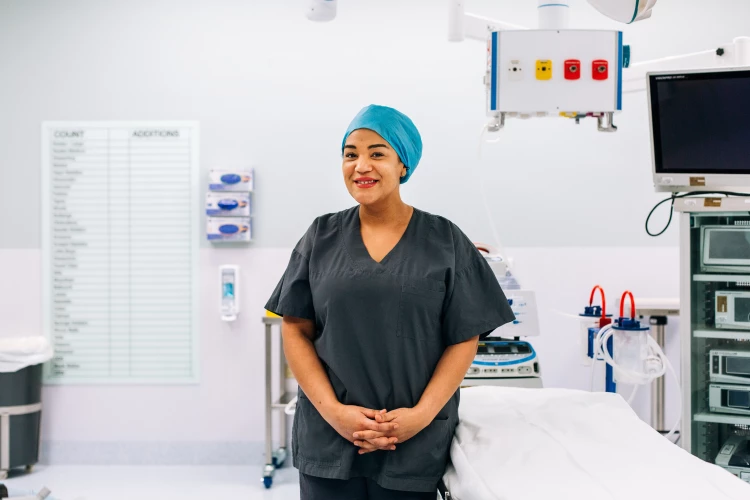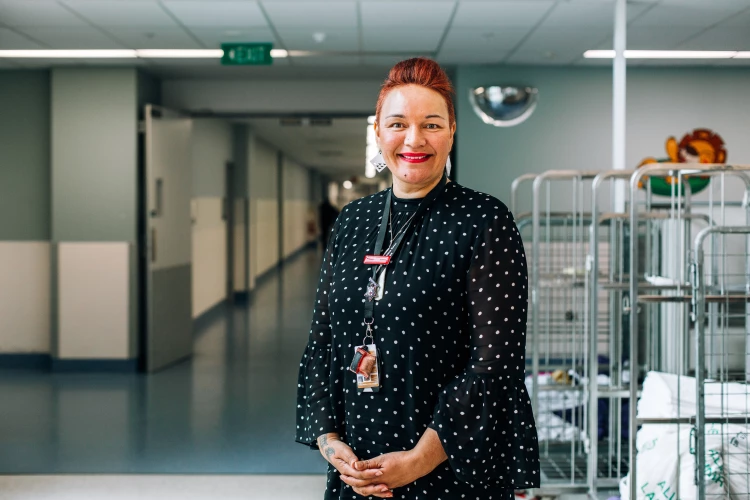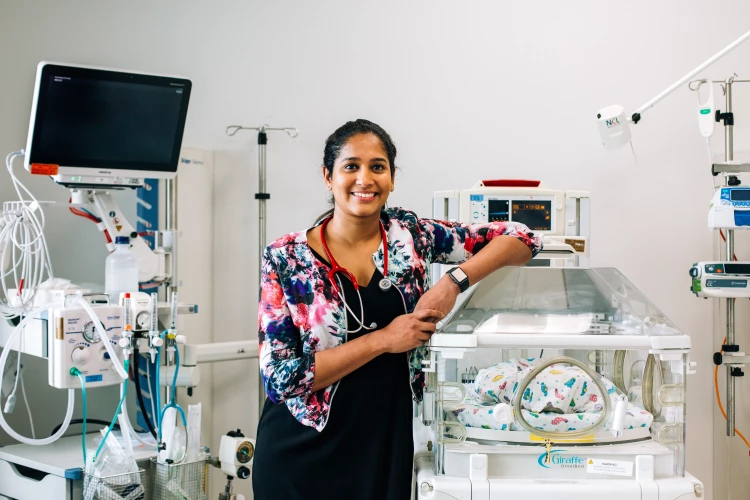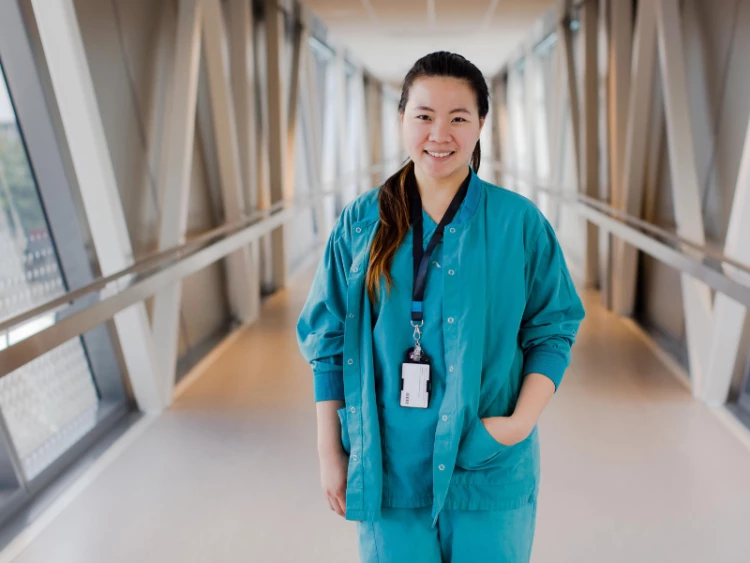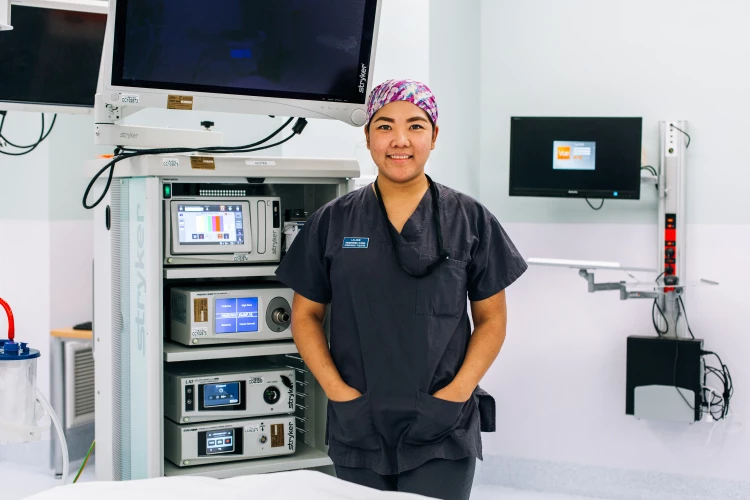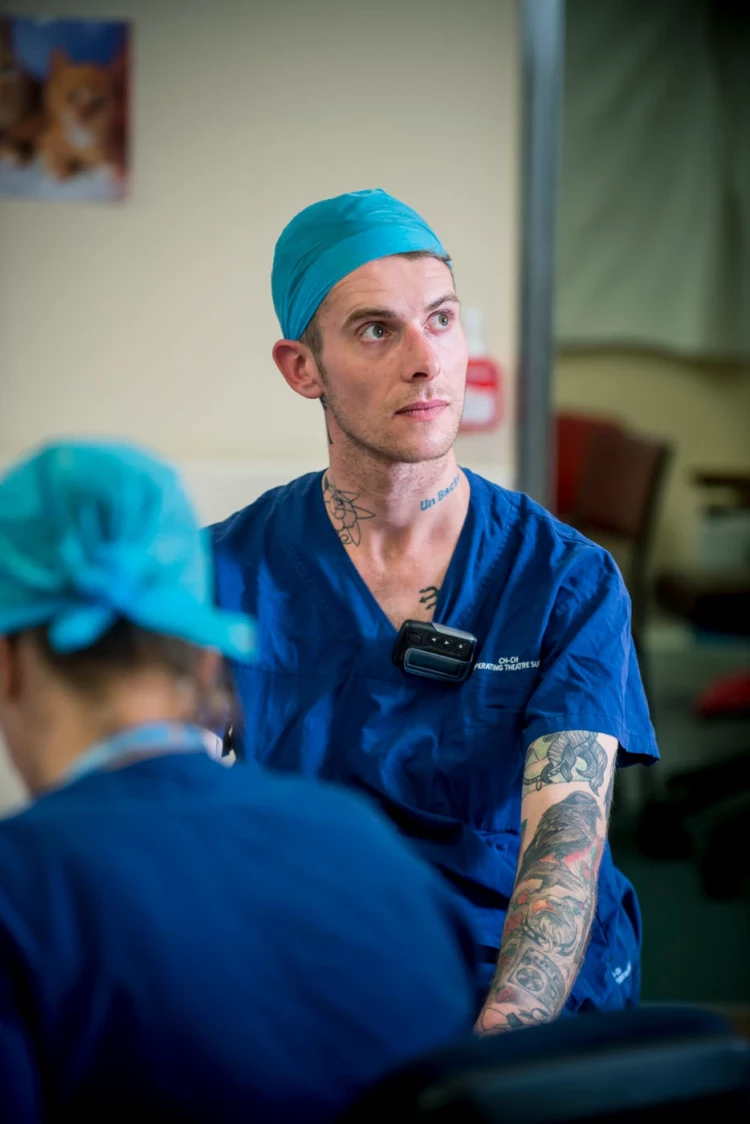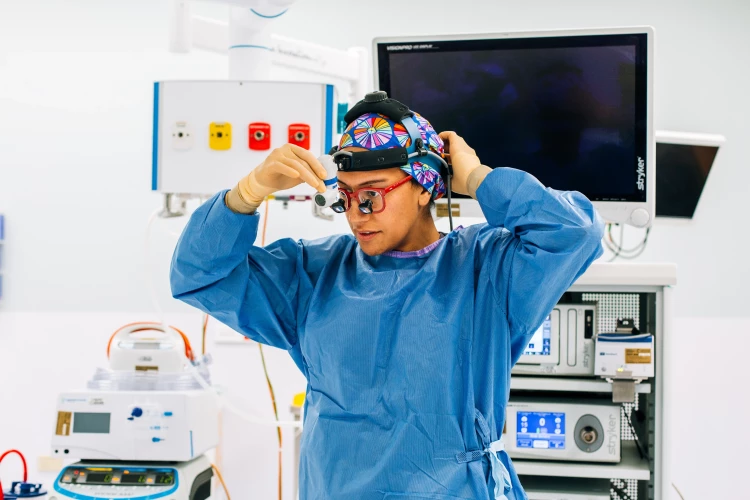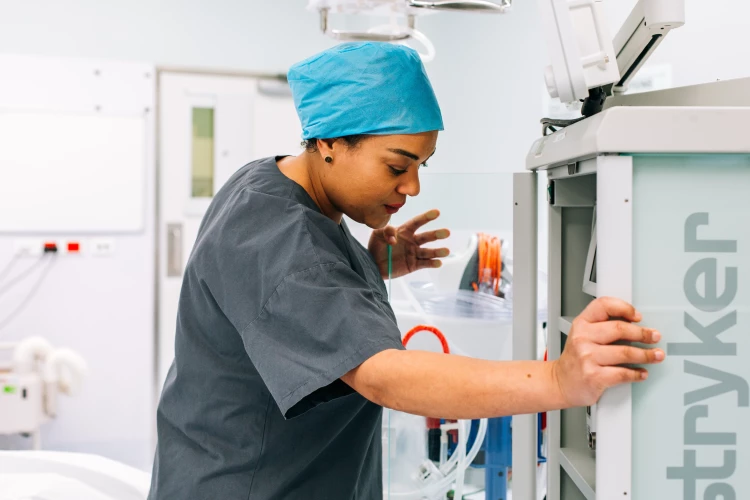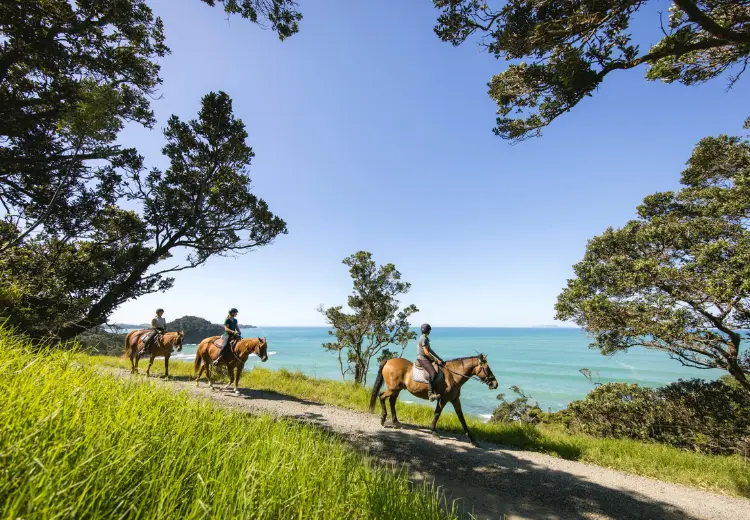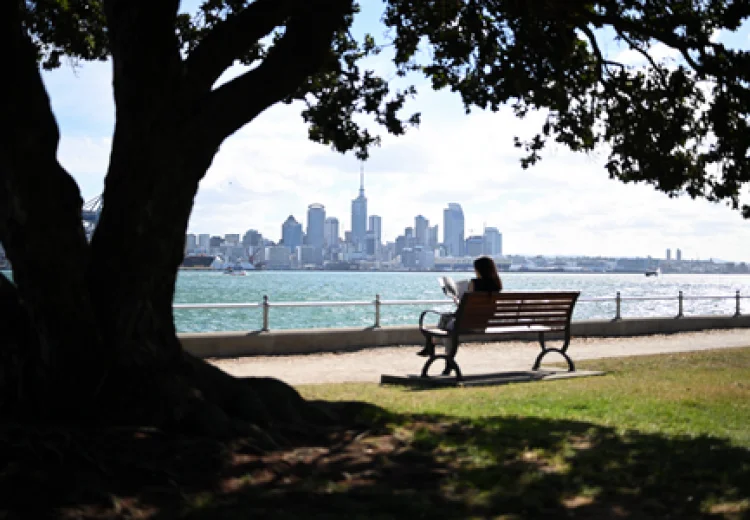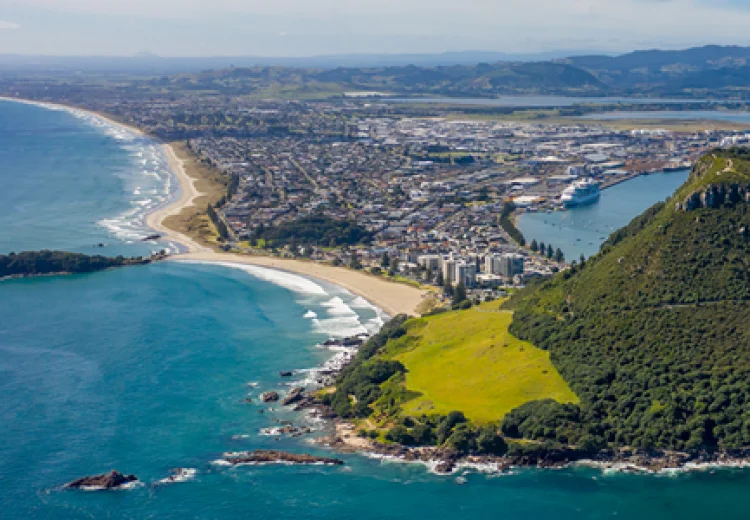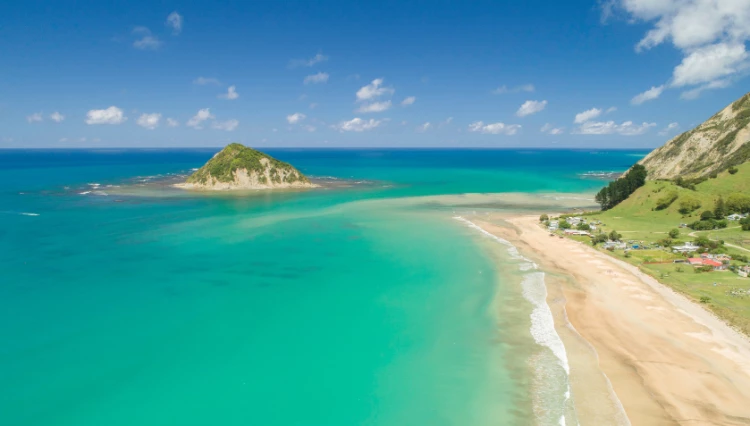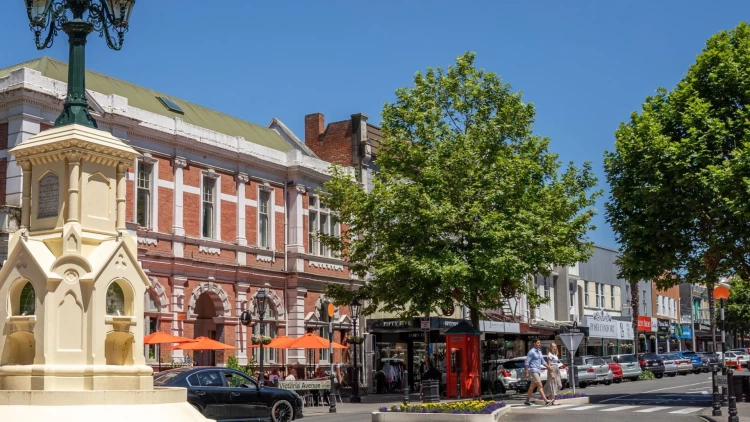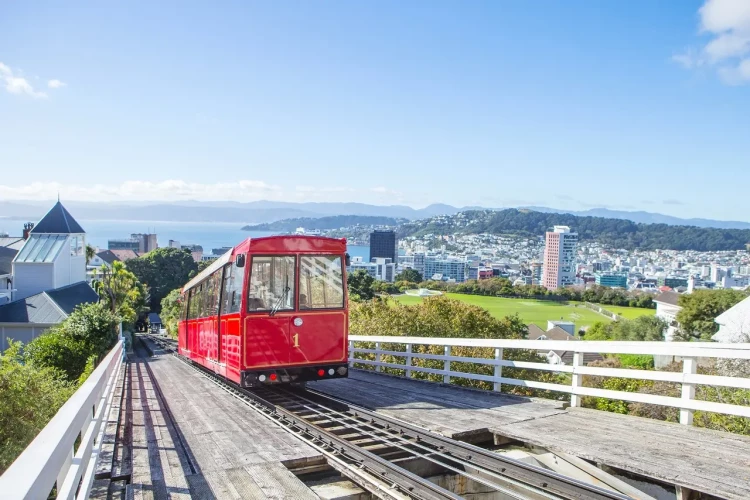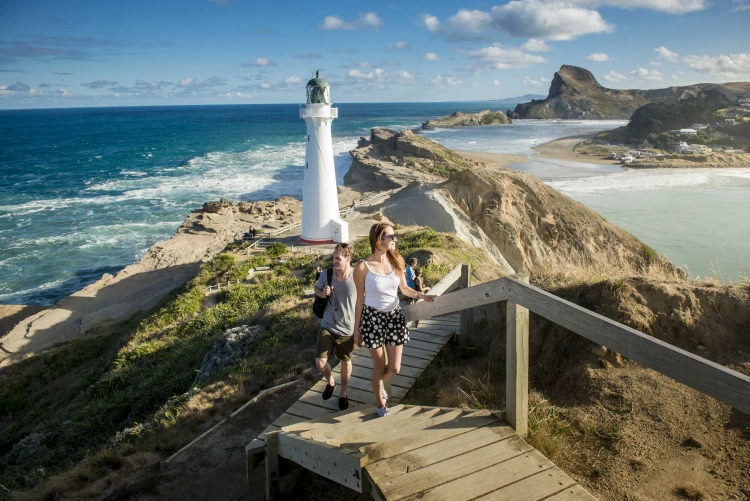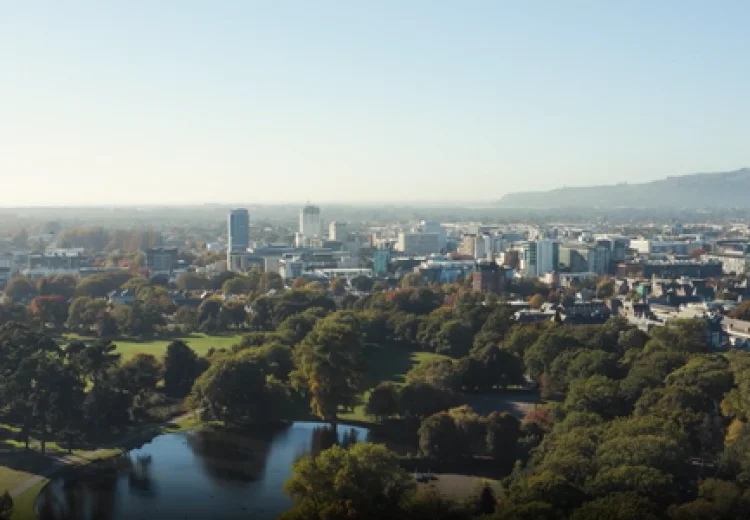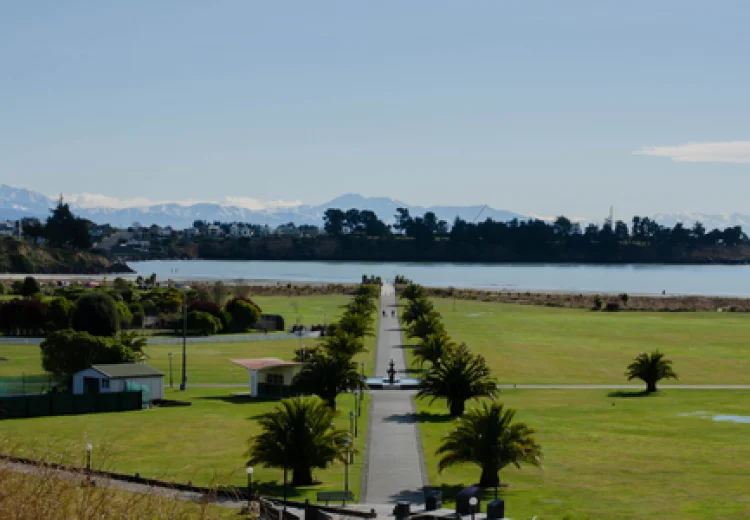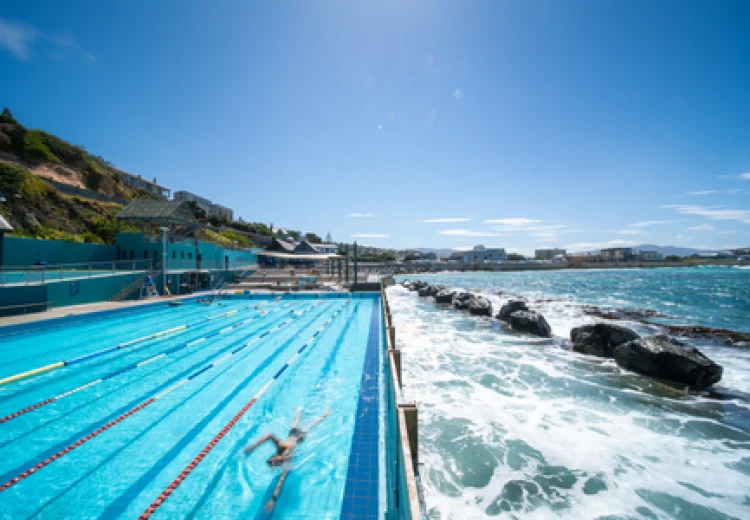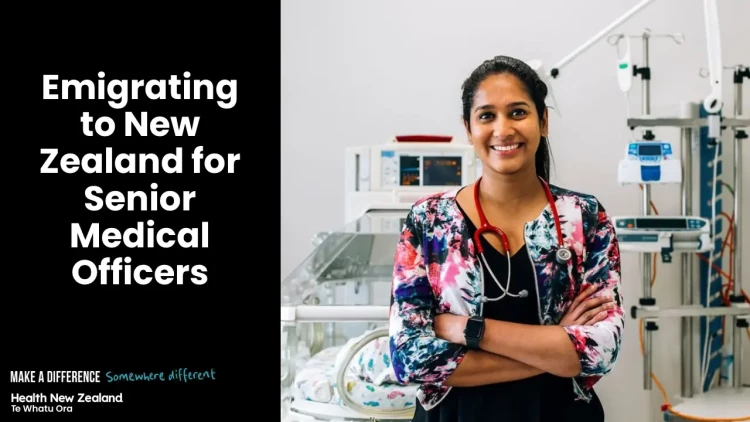To work as an Oral and Maxillofacial Surgeon in New Zealand, the following qualifications and experience are required:
Medical and dental degrees
MBChB and BDS or equivalent: Oral and Maxillofacial Surgeons must obtain both a medical degree (MBChB or equivalent) and a dental degree (BDS or equivalent) from recognised institutions. Each degree typically involves a 5- to 6-year programme.
General medical and dental registration
New Zealand Medical and Dental Council Registration: Graduates must complete one year of internship (house officer year) to obtain general registration with the Medical Council of New Zealand (MCNZ) and the Dental Council of New Zealand. International graduates may need to pass additional exams or assessments to gain registration.
Specialist training in Oral and Maxillofacial Surgery
Training programme: After general registration, surgeons must complete a structured specialist training programme in oral and maxillofacial surgery through the Royal Australasian College of Dental Surgeons (RACDS) or an equivalent body. This training typically involves:
- A minimum of five years of accredited surgical training.
- Rotations through various surgical units to gain comprehensive experience in the field.
Examinations and courses: Trainees are required to complete examinations and certifications, including:
- Primary and final examinations in oral and maxillofacial surgery.
- Additional training in advanced surgical techniques, such as orthognathic surgery, facial trauma repair, and reconstructive surgery.
Fellowship certification
Fellowship with RACDS or equivalent: Upon successful completion of all training requirements, candidates must obtain a Fellowship with the Royal Australasian College of Dental Surgeons (FRACDS) or an equivalent qualification to practice independently in New Zealand.
Experience in Oral and Maxillofacial Surgery
Clinical experience: During training, surgeons gain hands-on experience in areas such as:
- Treating facial trauma, congenital deformities, and oral cancers.
- Performing complex surgeries like jaw reconstructions and dental implant placements.
- Managing multidisciplinary cases involving dental, surgical, and medical teams.
Continued Professional Development
Ongoing education: Oral and Maxillofacial Surgeons are expected to engage in continuing professional development (CPD) through RACDS or equivalent programmes to maintain their skills and registration.
English language proficiency
Language requirements: Proficiency in English is mandatory. International medical graduates may need to provide proof of English language proficiency through exams like IELTS or OET unless they have completed their primary qualifications in an English-speaking country.
Registration with professional bodies
Professional registration: In addition to MCNZ and Dental Council registration, Oral and Maxillofacial Surgeons must adhere to the standards and codes of conduct established by RACDS and other relevant professional bodies.
Information for international candidates:
Registering to work as a Senior Medical Officer in New Zealand:
To work as a Specialist in New Zealand you will need to obtain Vocational Registration with the Medical Council of New Zealand (MCNZ).
Pathways to Vocational Registration include:
1. Direct pathway to Vocational Registration:
-
If you are an International Medical Graduate (IMG) with specialist qualifications from countries with medical systems deemed equivalent to New Zealand’s (e.g., Australia, the UK, the USA, Canada, or some European countries), you may be eligible to apply directly for vocational registration without needing first to obtain general registration.
-
In this pathway, the Medical Council of New Zealand (MCNZ) will assess your specialist qualifications, clinical experience, and the medical system where you trained. If these are deemed equivalent, you can apply directly for vocational registration in your specialty.
-
This pathway allows experienced specialists to bypass general registration and the provisional general phase, which is typically required for doctors without a recognised specialist qualification.
2. Provisional Vocational Registration pathway
-
If the MCNZ determines that your qualifications and experience are largely equivalent but that you need some orientation or assessment within the New Zealand healthcare system, you may be granted provisional vocational registration.
-
This means you’ll practice in your specialty under supervision for a period, typically between 6-12 months, before being granted full vocational registration.
-
During this provisional Vocational Registration period, a specialist who practises in the same area of medicine as you will supervise you.
3. General registration pathway
-
Some IMGs who do not meet the criteria for direct vocational registration may first need to obtain general registration if their qualifications and experience are not recognized as equivalent.
-
This process to gain Vocational Registration includes:
-
A period of Provisional General Registration (with supervised practice) if necessary.
-
After obtaining General Registration, they can later apply for Vocational Registration once they have completed any further assessments or additional supervised practice required by the MCNZ.
Take the self-assessment
The Medical Council of New Zealand have a self-assessment tool to help you easily determine which registration pathway you should take.
Use the Medical Council's self-assessment tool
Find out more about life in New Zealand
We have a page dedicated to providing information to candidates about our recruitment process, what you need to work in New Zealand and key details about moving here.
Visit our Candidate Information page

